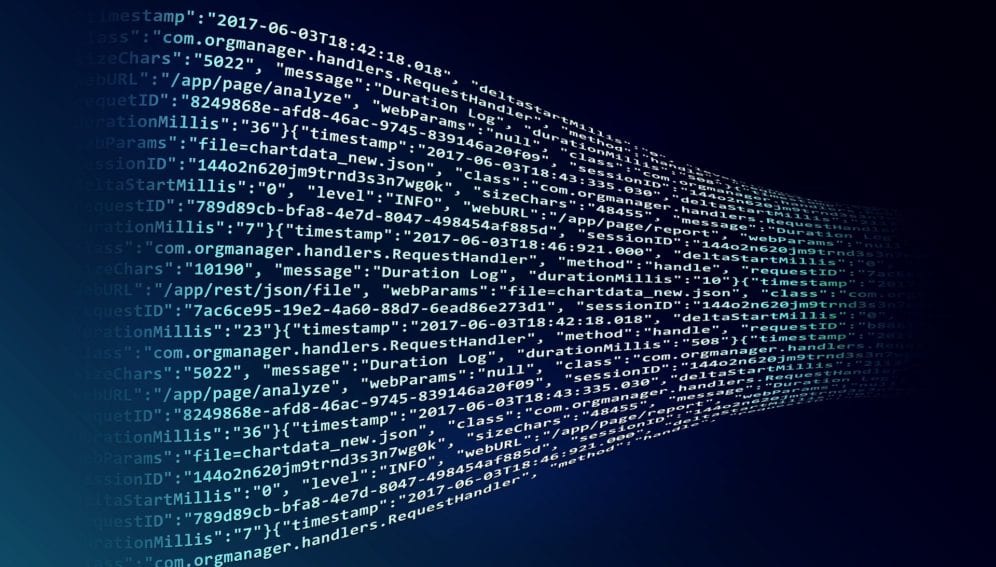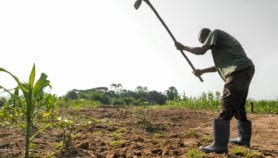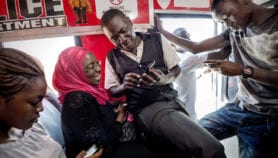Send to a friend
The details you provide on this page will not be used to send unsolicited email, and will not be sold to a 3rd party. See privacy policy.
[NAIROBI] The ultra-secure validation technology known as blockchain could transform lives in Africa, a report says, providing access to safe cash for the 350 million without bank accounts and fighting the scourge of fake drugs
The report, published this month (8 January) by Brookings Institution, a US-based think-thank, calls for African countries to make better use of technologies such as artificial intelligence and blockchain as part of the fourth industrial revolution — which is characterised by the fusion of the digital, biological and physical worlds — to successfully address the continent’s social and economic needs.
“Africa can use this fourth industrial revolution to chart its own industrial path with efficiency, reach out to other markets, develop new products and diversify their economies,” says Njuguna Ndung’u, a co-author of the report and an executive director of the African Economic Research Consortium.
Blockchain, the transaction-verifying technology usually associated with digital currencies such as Bitcoin and Ethereum, works by cross checking each transaction against a series of records to ensure they all agree.
“Africa can use this fourth industrial revolution to chart its own industrial path with efficiency”
Njuguna Ndung’u, African Economic Research Consortium
These ultra-safe transactions are already making a difference in areas such as banking, healthcare and pharmaceutical supply chains.
Shireen Ramjoo, South Africa-based blockchain specialist, and head of Liquid Crypto-Money, says that using blockchain has eradicated the need for relying on intermediaries to make financial transactions.
“There are over 350 million unbanked people in Sub-Saharan Africa alone,” Ramjoo says. “The financial services sector is one that will benefit immensely in Africa especially in eradicating some financial hurdles, which will see more people banked, and more people transacting across the continent like never before,”
Ndung’u, a former governor of the Central Bank of Kenya, agrees that digitisation has enabled the unbanked to make retail electronic payments and computer-generated savings.
Ramjoo adds that in the healthcare industry, “blockchain can securely ease the transfer of patient records among health systems both nationally and across borders, and boost the coordination of member health management, lower transaction costs and risks, and even support medical tourism”.
It could also improve transparency in supply chain, providing minute details of every transaction of any pharmaceutical products, thus ensuring that counterfeit medicines can be traced and eliminated.Ramjoo tells SciDev.Net that African policymakers should prioritise investment in digital solutions and partners the private sector to enable the continent to compete with the rest of the world.
According to the report, if Africa fails to recognise and capitalise on artificial intelligence, blockchain and the opportunities the fourth industrial revolution brings, businesses risk falling further behind, lowering global competitiveness and enlarging the global “digital divide”.
This piece was produced by SciDev.Net’s Sub-Saharan Africa English desk.
References
Njuguna Ndung’u and Landry Signé The Fourth Industrial Revolution and digitization will transform Africa into a global powerhouse (Brookings Institute, 8 January 2020)














